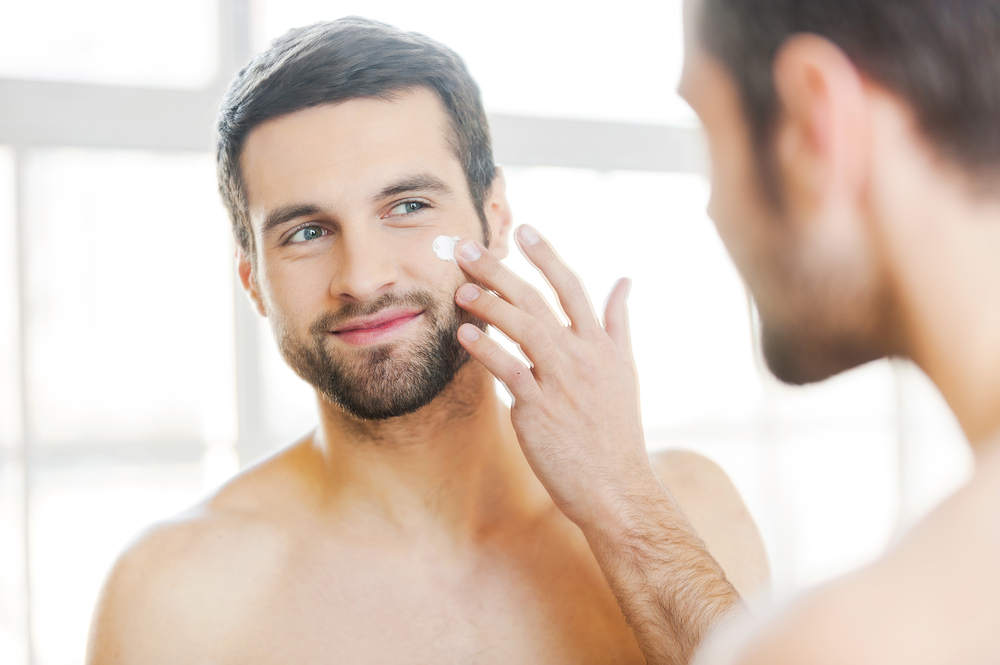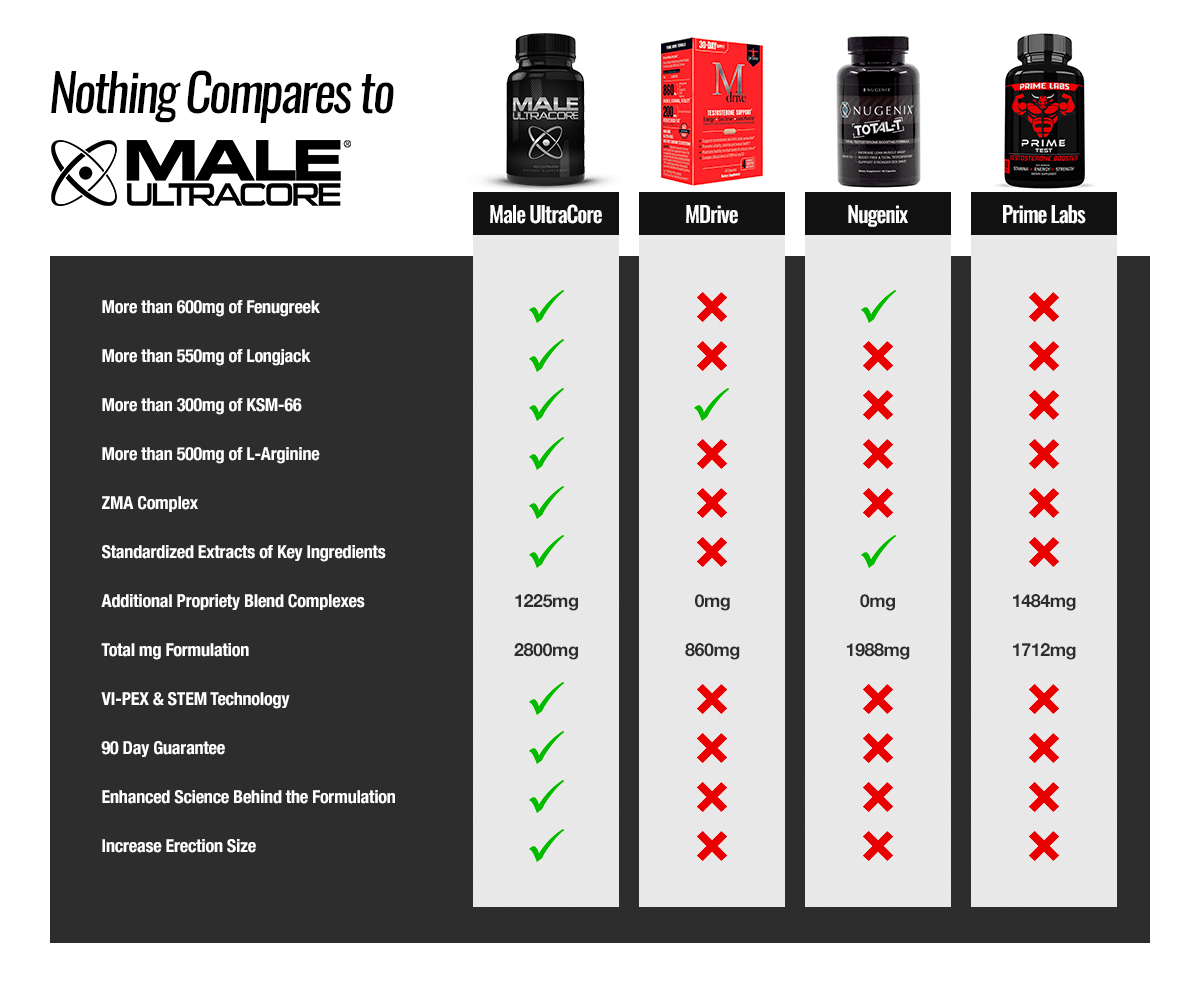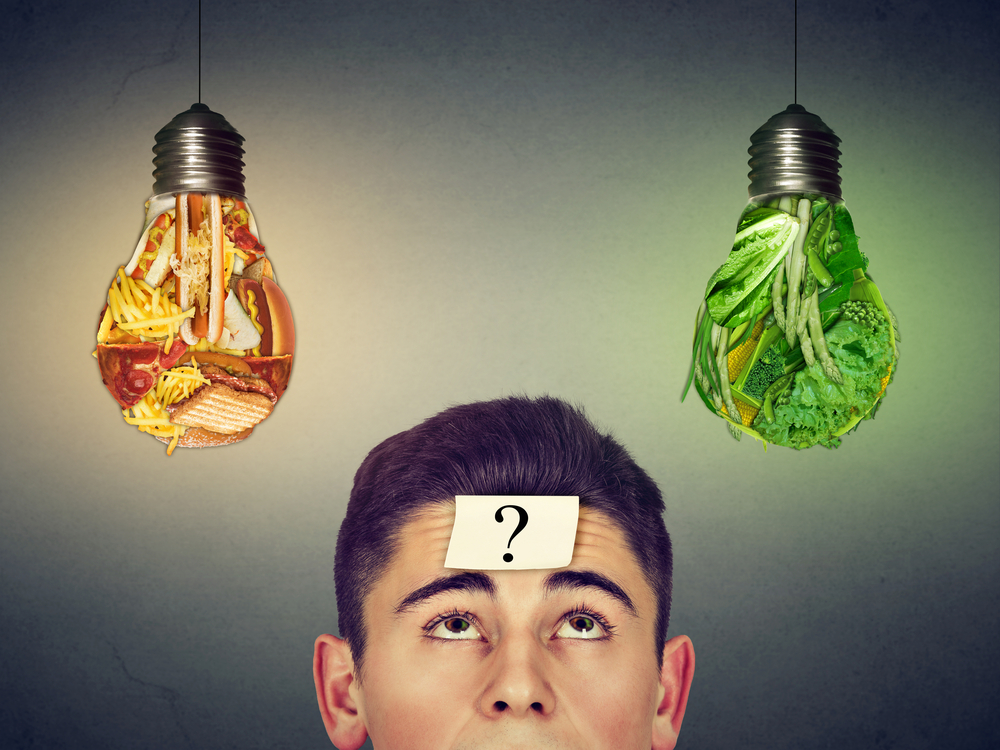When you have oral herpes, a cold sore outbreak can be very uncomfortable and even painful. Not only that, you may feel embarrassed to report for work or meet with people when you have unsightly sores on your lips or face.
Fortunately, the virus that causes oral herpes, HSV-1 or herpes simplex virus type 1, isn’t active all the time. After an outbreak, the virus stays dormant again but it’s still inside your system. If you want to avoid another cold sore outbreak, here are certain foods that you should stay away from.
What are Cold Sores?
Cold sores or fever blisters are a manifestation of HSV-1 infection. When the virus is active in your body, it causes these sores to form on your lips, nose, around your mouth, or on your cheek.
Although these blisters are caused by the herpes virus, they are commonly called cold sores or fever blisters because having a cold or fever can trigger their reappearance. In truth, it’s because your immune system is weakened when you have a cold or fever, that’s why the herpes virus is able to become active again.
Once you acquire an HSV-1 infection, the virus stays in your body for the long term. It’s actually a lifelong infection, which means that you can’t get rid of the virus or cure it. From time to time, the herpes virus will become active and you’ll have another cold sore outbreak. Most of the time, however, the virus will stay dormant and you won’t have symptoms.
Factors That Can Trigger Cold Sore Outbreaks
It really varies per person, but there are numerous factors that can trigger the reappearance of cold sores. For some, exposure to extreme temperatures and sunlight can cause cold sores to flareup.

For others, stress, fatigue, and hormonal changes can trigger a cold sore outbreak.
A lot of women who have oral herpes, for example, experience recurring outbreaks when they have their menstruation.
If you get sick, your immune system becomes weak. Anything that can result in a weakened immune system can actually trigger another cold sore outbreak. Even fever and colds can cause your cold sores to reappear.
Foods to Avoid
If you want to prevent another cold sore outbreak, you should avoid foods that have a high arginine content. Arginine is an amino acid and it’s needed by the herpes simplex virus to replicate inside your body. This means that if you constantly eat foods that are rich in arginine, you’re enabling the herpes virus to replicate freely.
On the one hand, lysine, which is another amino acid, is believed to interfere with the absorption of arginine into your intestine. Although lysine does not actually cure cold sores, it can help slow down the replication process of the herpes virus. There’s also evidence that lysine may be able to speed up the healing time of cold sores.
Peanut butter
The arginine content of peanut butter is also higher compared to its lysine content. Peanut butter usually has a lysine to arginine ratio of about 0.2, which means that you get around 20 mg or lysine and 100 mg of arginine.
Wheat bread
Wheat granules contain more than 100 mg of arginine. If you often have cold sore outbreaks, you may want to cut down on wheat bread.
Grape juice
Although grape juice does contain lysine, its arginine content is significantly higher. Grape juice is usually made from red grapes which are extremely rich in arginine.
Almonds
Containing more than 3 grams of arginine per cup, almonds are known to trigger the formation of cold sores, especially around the mouth.
Other foods that have a high arginine to lysine ratio include coconut, sesame seeds, hazelnuts, popcorn, gelatin, and oatmeal. Beer and chocolate are also known to trigger cold sore outbreaks.
During an outbreak, you should also avoid eating foods that are highly acidic, salty, or sweet as these can cause your fever blisters to become irritated.
Preventing an Outbreak
Take supplements for vitamins C and E
Vitamin C-rich foods such as citrus fruits can help boost your immune system. If you’re unable to incorporate fruits and vegetables that are high in vitamin C into your diet, then you can just take vitamin E and C supplements.
Always use sunscreen

If your cold sore outbreaks are triggered by exposure to sunlight, then you should always apply sunscreen. You can also use a lip balm that contains sunscreen.
Relieve stress
Since stress is known to trigger cold sore outbreaks, you should find ways to relieve your stress. You may want to try working out more regularly since exercise can also help reduce stress.
Tea tree oil
Known to exhibit both antibacterial and antiviral properties, tea tree oil can help relieve the discomfort of a cold sore. It may also be able to help hasten the healing process.
Peppermint essential oil
When you start feeling that tingling sensation that signals a cold sore flareup, try applying peppermint essential oil on the spot where your fever blisters usually appear. Peppermint essential oil is known to have antiviral properties.
Aloe Vera gel
Aloe Vera is often used to treat various skin conditions. When you’re having an outbreak, Aloe Vera gel may also be useful in providing relief and reducing pain.
Treatment Options
Although these home remedies may be able to provide relief and reduce your discomfort, you may still want to see your doctor and have your cold sores treated. Your doctor may give you a prescription for oral antiviral medications such as acyclovir.
Oral antiviral medications can help suppress HSV-1 activities, so if you take an oral antiviral medicine as soon as you experience that tingling feeling on your lips, you may be able to prevent an outbreak from happening.
If your cold sores are painful, you may also want to take over-the-counter pain relievers such as acetaminophen. Alternatively, you can cover your cold sores with a warm cloth or ice pack. Although these will not cure your cold sores, they can help reduce your discomfort and relieve your pain.
Increase Your Testosterone Levels with Testosterone Boosters
Male UltraCore is a premium testosterone boosting supplement that is designed to maximize test levels, increase your performance and drive, and give you harder and fuller erections. 





